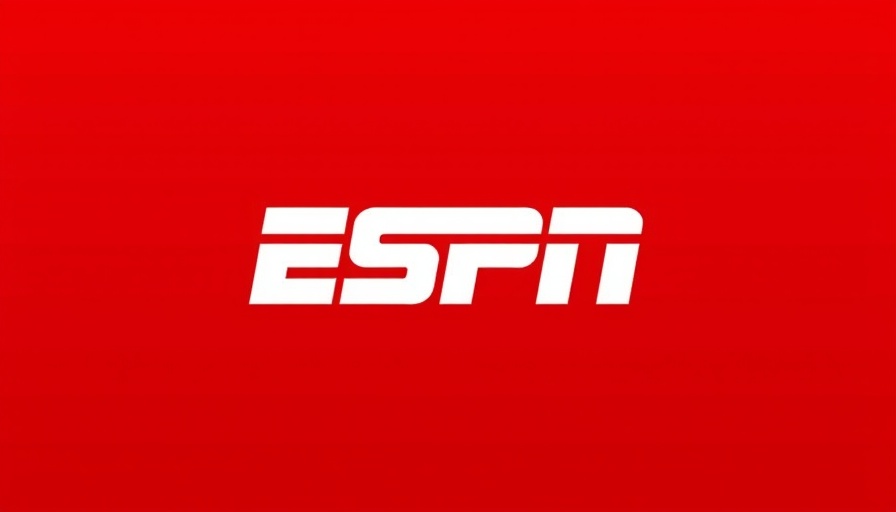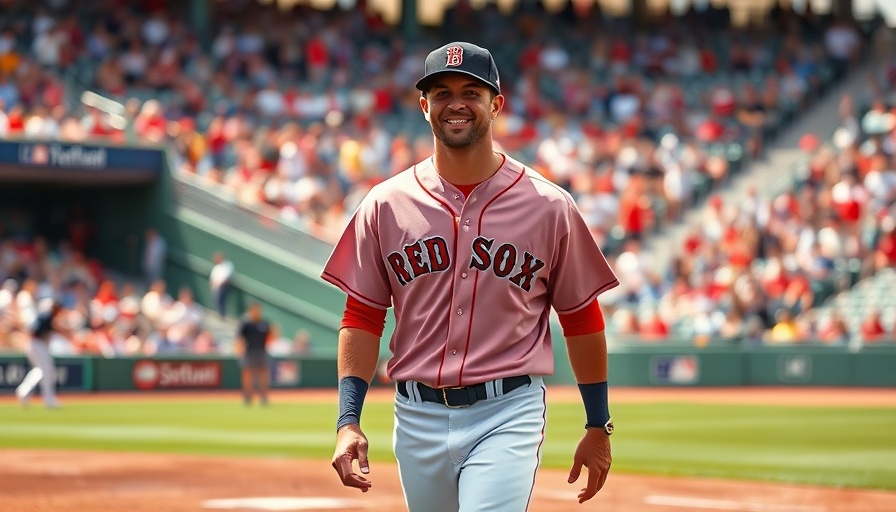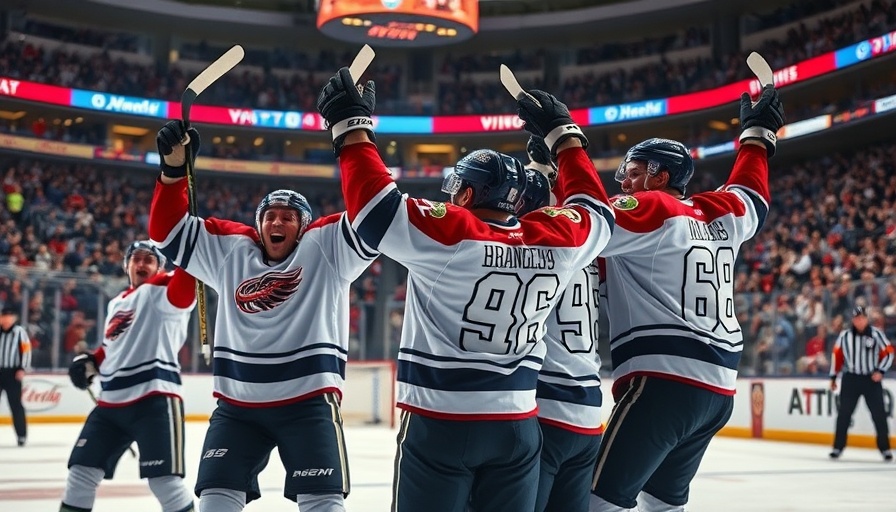
When Stars Collide: A Meeting of Minds
The Boston Red Sox are no strangers to drama, and the recent meeting between team owner John Henry and star player Rafael Devers certainly adds another chapter to the storied legacy of one of baseball's most beloved teams. On an unseasonably warm afternoon in Kansas City, Henry sought to address Devers' growing discontent over a proposed positional change just two months after a similar suggestion. It's not every day you hear of an owner making a rare road trip to mend fences with a marquee player, demonstrating just how critical the relationship is for both the organization's success and the player's morale.
Devers' Dilemma: A Podium for Progress?
Rafael Devers, often seen as one of the key pieces in the Red Sox roster, has expressed clear reluctance regarding the idea of switching positions. After hearing whispers of relocating him from third base to first base—an idea he contends would undermine his skills and settle his competitive spirit—his dissatisfaction not only stems from personal feelings but also reflects broader concerns about management’s confidence in his abilities. If anything, Devers’ situation serves as a reminder of the delicate balance athletes must strike between personal aspirations and organizational demands.
Decisions in the Dugout: Management's Role
From the upper echelons of management to the dugout, the Red Sox face pressing decisions that could shape the team's dynamics for seasons to come. Henry, alongside chief baseball officer Craig Breslow and president Sam Kennedy, has the Herculean task of ensuring that Devers feels valued while still achieving the team's strategic goals. It raises an intriguing question: how do teams navigate the choppy waters of personal relationships with players, particularly when a star feels undervalued? This intersection of empathy and competitive strategy is a puzzle that many teams across the league grapple with, revealing the human side of sports.
Community Connections: Why It Matters
The narrative surrounding Devers isn’t just about his on-field performance; it penetrates the heart of the community that rallies behind the Red Sox. Fans invest emotionally in their team and players, and they want to see their stars treated with respect. A disgruntled player can change the energy in the clubhouse, affecting overall team performance and, by extension, the atmosphere at beloved Fenway Park. For many fans, a healthy, motivated Devers playing for the Red Sox is not just about victories; it’s about hope and community spirit on and off the field.
What Lies Ahead: Future Predictions
As the regular season progresses, the outcome of this meeting could very well dictate the trajectory of both Devers' career and the Red Sox's playoff aspirations. Will cooler heads prevail, and can both sides find a mutual understanding that leads to prolonged success? Only time will tell, but a few potential outcomes loom large: affirming Devers’ role as a cornerstone player, enabling him to thrive where he feels best, or potentially paving the way for a significant roster shift that could disrupt team chemistry.
Final Thoughts: A Call for Communication
Moving forward, one thing is certain: open lines of communication are vital in fostering mutual respect and understanding between athletes and management. For fans of the Red Sox, the hope is that both Henry and Devers can work together to cultivate not only a winning team but also a roster filled with players who feel appreciated and understood. As the season unfolds, let’s keep close tabs on this story because the true heart of sports is, after all, the human stories that compel us to cheer, cry, and come together as a community.
 Add Row
Add Row  Add
Add 




 Add Row
Add Row  Add
Add 

Write A Comment